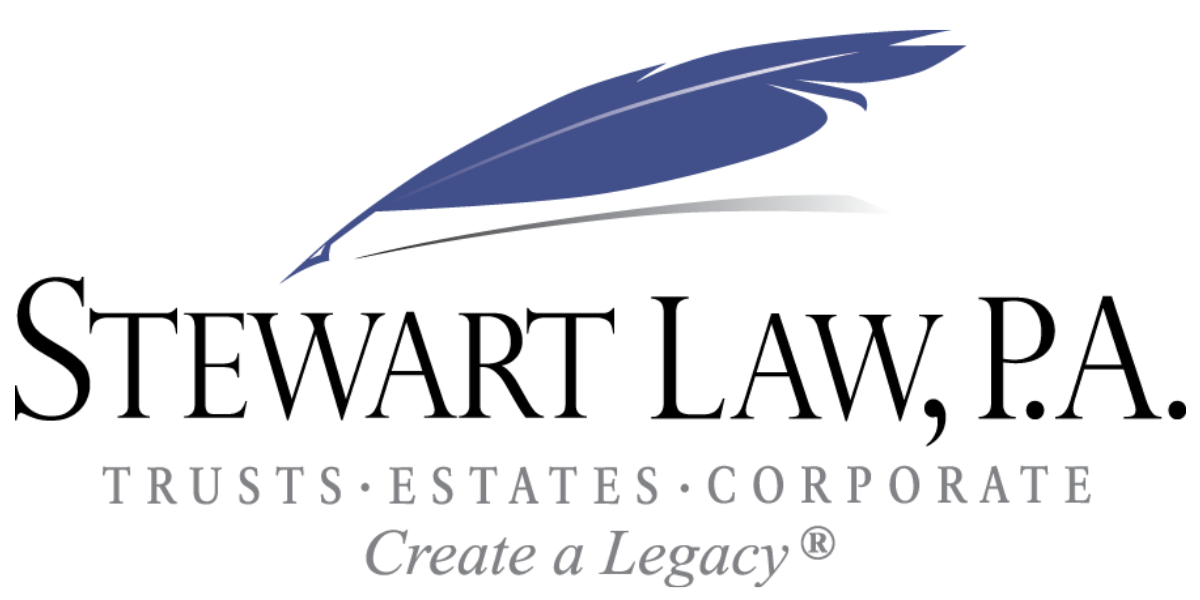Good Intentions, Bad Results

When children are tasked with the responsibility of caring for aging parents, they are often intimately involved with financial care as well. Despite both the parents’ and children’s best intentions, mistakes can often be made that unintentionally alter the disposition of assets and create headaches during the administration process post-death.
One of the most common mistakes that we see is making children co-owners on accounts to easily allow children access to funds to care for parents. While this accomplishes the goal of providing children access to accounts, this also makes a gift of ½ of the account to the child which could trigger gift tax depending upon the value of the account. Additionally, in most cases, this also means that the child added to the account will inherit 100% of that account to the exclusion of other children not named as owner. This can result in inheritances among children not being equal, children (if they are cordial and want to honor the intent of the parents, which in some situation is a BIG if) having to gift large sums of money between each other post-death to even up inheritances (which again can trigger gift tax for the children), and a loss in step-up in basis for ½ of the account depending upon the types of assets in the account.
While these situations can be worked through and sorted out, there are cleaner options available to accomplish the same results. First, having an up-to-date financial power of attorney in place ensures that an agent can step into the principal’s shoes to assist in providing that financial care from the principal’s accounts. Second, a comprehensive revocable trust plan with assets titled in that revocable trust allows a co-trustee or successor trustee to step in and manage trust assets on behalf of the grantor when that need arises. These options provide the same access for children on their parents’ accounts without the unintended consequences outlined above.
Here at Stewart Law, we can help plan for these situations ahead of time to ensure clients, and their families, are set up for success now and into the future.
Looking for the best way to avoid these mistakes? Contact our team to discuss the best way to review or create an Estate Plan that works for your family.
About the Author

John J. Long, Jr., JD
Partner
